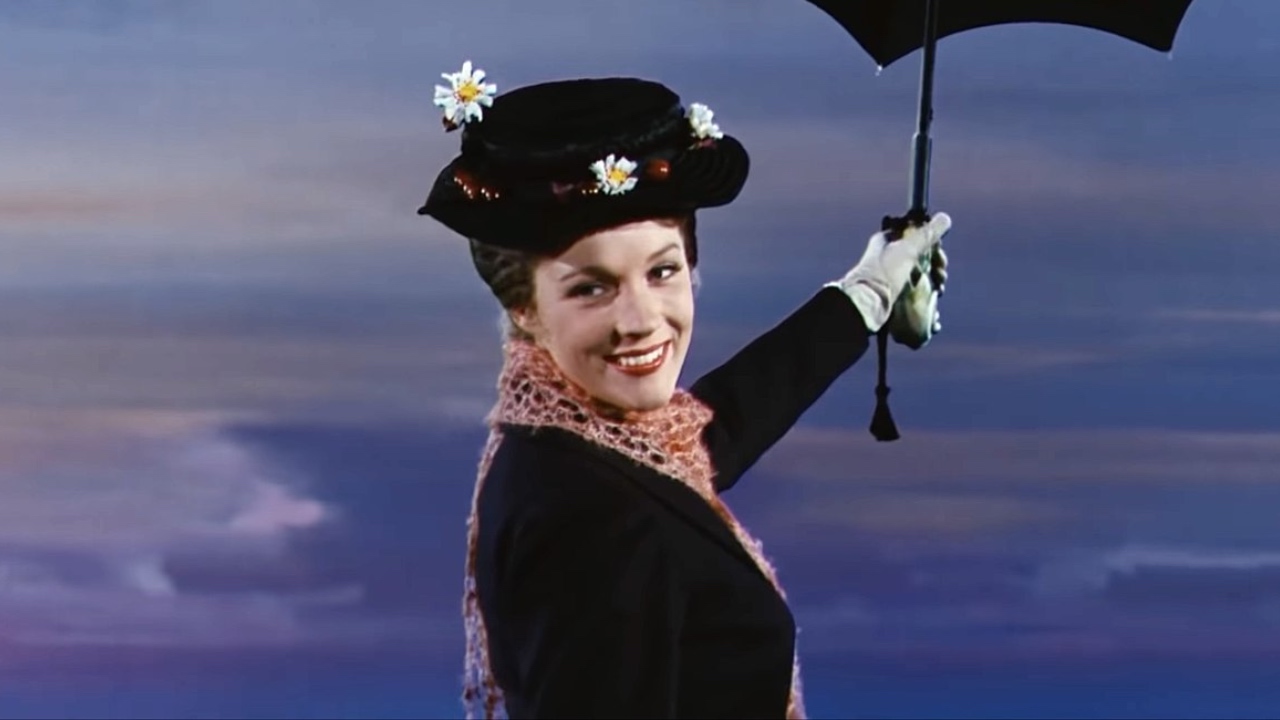Why Mary Poppins has received a new rating 60 years on

Almost 60 years after Mary Poppins was first released, the classic film has been given a new rating by the British Board of Film Classification (BBFC).
The BBFC, which regulates films and video content in the country, changed the rating of the 1964 Disney musical last week from U (Universal) to PG (Parental Guidance) because it features a racial slur once used by white Europeans to refer to the native peoples of southern Africa.
"Mary Poppins (1964) includes two uses of the discriminatory term 'hottentots'," a BBFC spokesperson said in a statement to CNN.
"While Mary Poppins has a historical context, the use of discriminatory language is not condemned, and ultimately exceeds our guidelines for acceptable language at U."
The approaching 60th anniversary of the film is what prompted the BBFC to reexamine the film, as it is set to return to UK cinemas in celebration of the milestone.
Even as Mary Poppins remains a treasured part of UK culture, the film has long been criticised for the use of blackface. It's partly in this context that the discriminatory language referenced by BBFC appears in the film.
In one scene, the eccentric Admiral Boom asks one of the Banks children if he is going on an adventure to "defeat hottentots."
Later in the film, as Admiral Boom sees chimney sweeps with soot-blackened faces dancing in the distance, he shouts, "We're being attacked by hottentots!" and orders a cannon to be fired in their direction.
"Hottentot" is a derogatory term used by European settlers to refer to Khoikhoi peoples of South Africa and Namibia, according to the Oxford Dictionary reference.
Per the new film rating, children of any age can still watch without an adult present, but parents should consider whether the content might upset younger or more sensitive children, a BBFC spokesperson said.
Image credits: Disney
